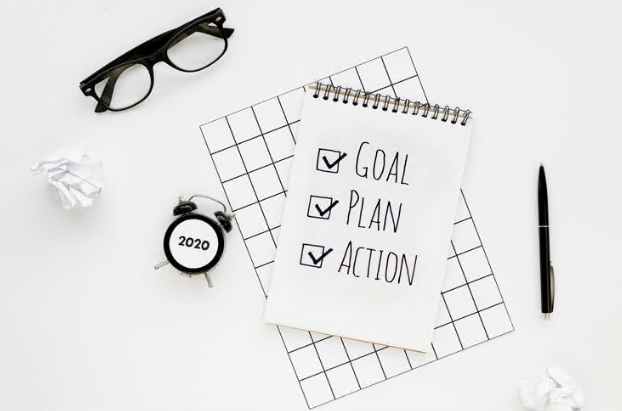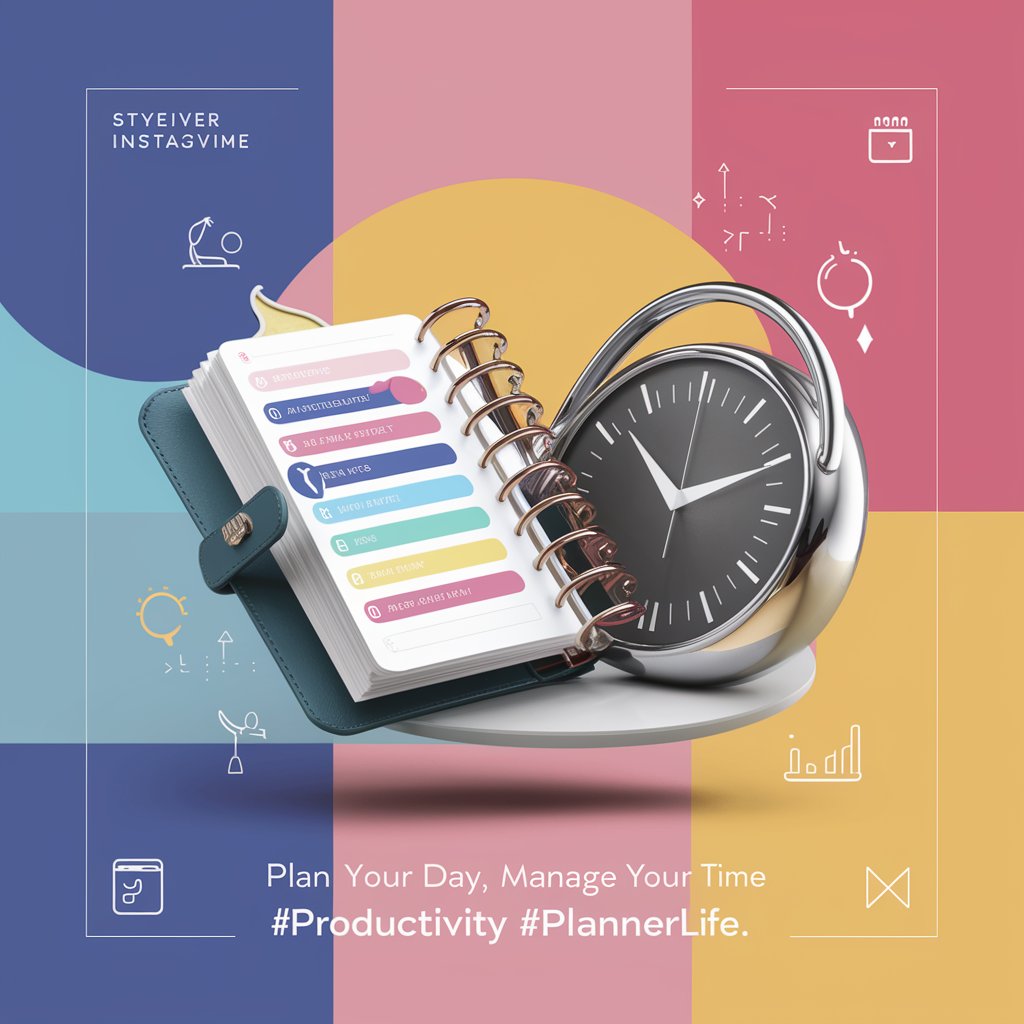Imagine waking up every morning full of energy, without feeling drowsy. You start your day with morning exercise and begin your most important task with a great mood. By the time others are just waking up, you've already finished your most important work and feel great. This shows that your plan for the day has been correct and you've been successful so far. This is exactly the method successful people use to have a great daily routine and an effective plan for the day. Such practices are essential for personal development and achieving long-term goals. In this article, we want to discuss this topic in more detail.
However, there are people who, despite having a plan for the day, still procrastinate and fail to complete their tasks. These individuals need to consider revising their daily planning and strengthening their skills. Because incorrect planning not only doesn't get us to our goals but can also gradually take us away from our objectives. A well-thought-out plan for the day can help overcome these challenges.
Without a proper plan for the day, you can't enjoy your lifestyle and may face mental and emotional problems due to lack of motivation and spirit. This situation is not pleasant at all. But the question is: How can we have a complete plan for each day?
Here are some key points for having an excellent plan for the day:
1. Design your ideal day: Consider each step to create a personal plan.
2. Master your morning: Create a morning routine for a productive day.
3. Increase your productivity: Implement daily planning strategies for success.
4. From chaos to calm: Create a daily routine that works for you.

Design your ideal day (Planning): Turn planning into a daily habit. The first point for having a good plan for the day is that you must first determine your goal. Not only on days when you have a lot of work or need to do something specific, but you should plan every day and continuously so that it becomes a habit in your mind.
Planning is an important topic and has a significant impact on achieving goals and advancing work. According to research, people who spend 10 minutes planning can save up to 2 hours in time. However, many of us ignore the plan for the day and do things without planning and time management. Some people believe that planning is just a waste of time because they have never had a plan in their lives or if they have, they haven't followed it.
But some people are always organized and precise and get their work done on time. Why? Because with an effective plan for the day, they have more time than others and face fewer obstacles in doing their work. A solid plan for the day can make all the difference in productivity and success.
Master your morning: One of the reasons people procrastinate is that they see tasks as too big and are afraid to do them. Therefore, it's better to start each day by doing something harder and finish it. This will make you feel much better. The book "Eat That Frog" also refers to this point, that by doing difficult tasks early in the morning, we pave the way for our success.
Successes come from creating great days. Success is doing daily tasks on time, and failure is tasks that either don't yield results or are done incorrectly. If we do our work correctly and on time, we will achieve small and big successes.
Increase your productivity: The best way to increase productivity is to improve focus. Work done in a short time but with high concentration is much better and of higher quality than work done without focus and over a longer period. In addition to focus, another factor that can be effective in increasing productivity is creating motivation in the individual. Creating motivation and reward is another thing that increases your productivity. For example, after finishing work, buy yourself a gift or treat yourself to a cup of coffee.
By increasing productivity, you can advance your goals and reach predetermined objectives.
From chaos to calm: With a regular plan for the day for your tasks, you can greatly prevent mental worries. When you do your work in a specific time period and with high quality and turn it into a daily habit, you get closer to your long-term goal day by day. During the day, your work will be finished, and you will have more time to dedicate to yourself and your family.

Other exercises for planning the day:
1. Review your goals: Take a moment to think about your short-term and long-term goals. Make sure your daily activities align with these goals.
2. Prioritize your tasks: Use a system like the Eisenhower Matrix to categorize your tasks based on urgency and importance. Focus on high-priority items first.
3. Create a realistic to-do list: Limit your daily task list to 3-5 important tasks. This helps maintain focus and prevents confusion.
4. Schedule your day: Set time limits for each task, including breaks and personal activities. Be sure to consider potential interruptions and unexpected events.
5. Tackle difficult tasks during peak performance hours: Identify your most productive hours and schedule challenging tasks during this time.
6. Consider self-care: Don't forget to plan for exercise, meals, and relaxation. A good day includes taking care of your physical and mental health.
7. Use time-blocking techniques: Allocate specific time blocks for different types of tasks (e.g., email, meetings, deep work) to improve focus and efficiency.
8. Leave room for flexibility: Consider buffer time for dealing with unexpected tasks or emergencies without derailing your entire day.
9. Review and adjust: At the end of each day, review your achievements and make changes for the next day if necessary.
To be able to do all these things, you can use a lifestyle app and planning application like Reda to help you create and maintain your plan for the day.
Conclusion:
Fatigue, stress, and procrastination are the results of not having a proper plan for the day for daily activities. There are important points that must be observed for effective planning. In this article, we learned how to have a daily plan. By implementing these simple points, you will experience many benefits that help you finish work on time and go to bed on time. Remember that time for rest, recreation, and doing what you love is as important as work time.
Frequently Asked Questions
Benefits of daily planning
The daily habits of famous and successful people are often studied and followed by others. Many books have been written about daily planning methods that are widely used by the public; Therefore, there is a common belief that what we do daily has a direct impact on our success.
Simple tips for daily planning in a working day
1. Write down your thoughts
2. Plan ahead
3. Organize your workspace
4. Do not multitask
5. Trust the 80-20 rule
6. Manage your email
